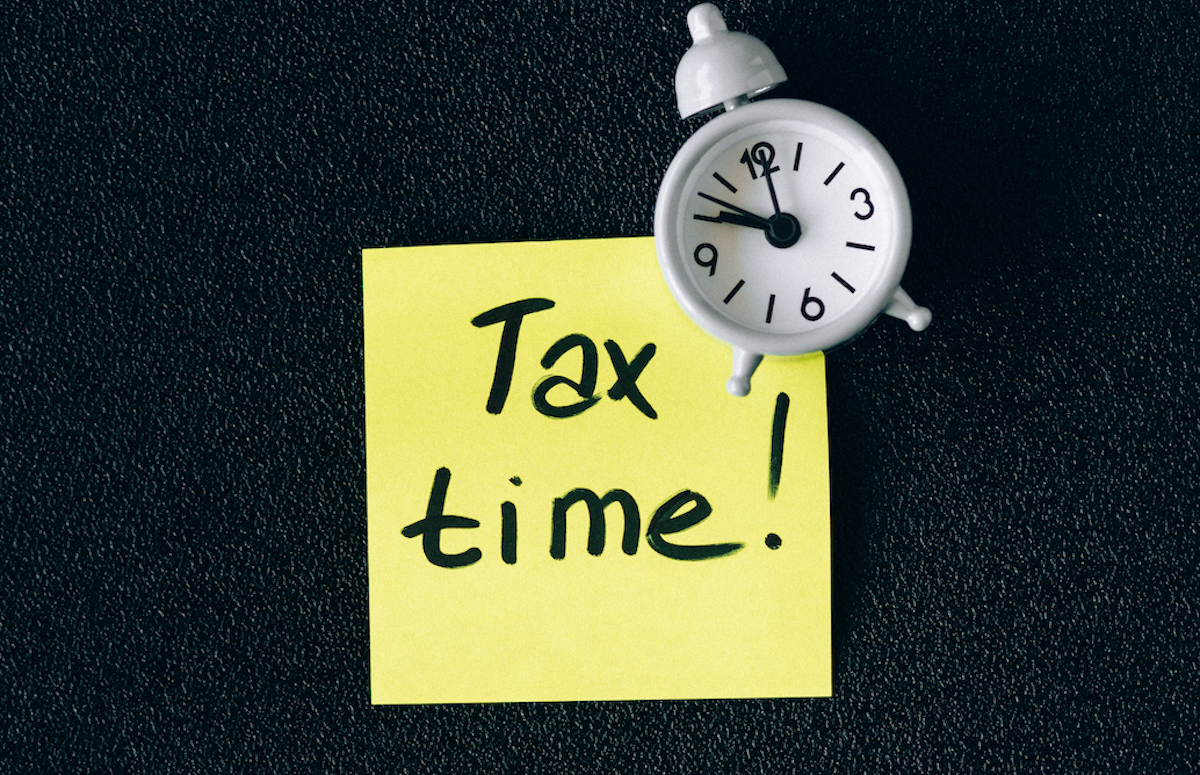Are you claiming all the business tax deductions that you are entitled to?
There are many expenses common to most small business, and there are other expenses that are specific to the nature of each industry and the goods or services that your business provides.
- Operating expenses include accounting, administration, advertising and marketing, office premises, office running expenses, trading stock, legal fees, repairs and maintenance, insurance and vehicle expenses.
- Employment expenses include salary and wages, fringe benefits, superannuation and training costs.
- Other operating expenses may include things specific to your business, for example point of sale systems, freight, professional membership fees, professional education, protective equipment, tools or specialised software.
- Capital expenses include machinery and equipment, vehicles, furniture and computers. Depreciation for these assets may also be deductible if the expense was not claimed immediately.
Expenses must relate to the running of the business and providing the goods or services that your business offers.
Some common expenses that are not deductible are fines and penalties, provisions for employee leave, donations to entities not registered as deductible gift recipients and some entertainment. Super and PAYGW are tax deductible when they are paid on time – but not if paid late!
There may be some expenses you want to check with us such as private usage of business vehicles or other equipment, prepaid expenses, bad debts, loss of stock and borrowing expenses. We’ll make sure to include all the deductions you’re entitled to.
What’s on the ATO Radar for Business Tax Returns?
- Businesses whose benchmarks fall significantly outside the ATO’s small business benchmarks.
- Work-related travel expenses – travel fares, accommodation, meals. The travel should be directly related to income producing activities and you need records to verify the travel claims.
- Motor vehicle expenses – keep records for fuel, repairs and servicing, finance arrangements, insurance and registration. Keep a logbook to record private travel.
- Fringe benefits – have you reported all benefits provided to employees?
- Superannuation – have you paid the superannuation guarantee on time to employees’ super funds? The ATO will examine your Single Touch Payroll records including superannuation payments.
- Instant asset write-off – the threshold at $20,000 this year, but there are rules about eligibility so talk to us to see if the asset deduction claims apply to your business.
Maximise Your Business Deductions
Remember to keep all your business records for at least five years, and payroll records for at least seven years. Companies must keep all records including director meeting minutes for at least seven years.
We’ll make sure you have time to plan for a tax bill, or if you are due a refund, you’ll get it within ten days of us lodging your tax return.
We’ll also check your business’s eligibility for concessions, offsets, incentives and rebates and make sure your business is calculating taxable income correctly, so you don’t pay more tax than you need to!


